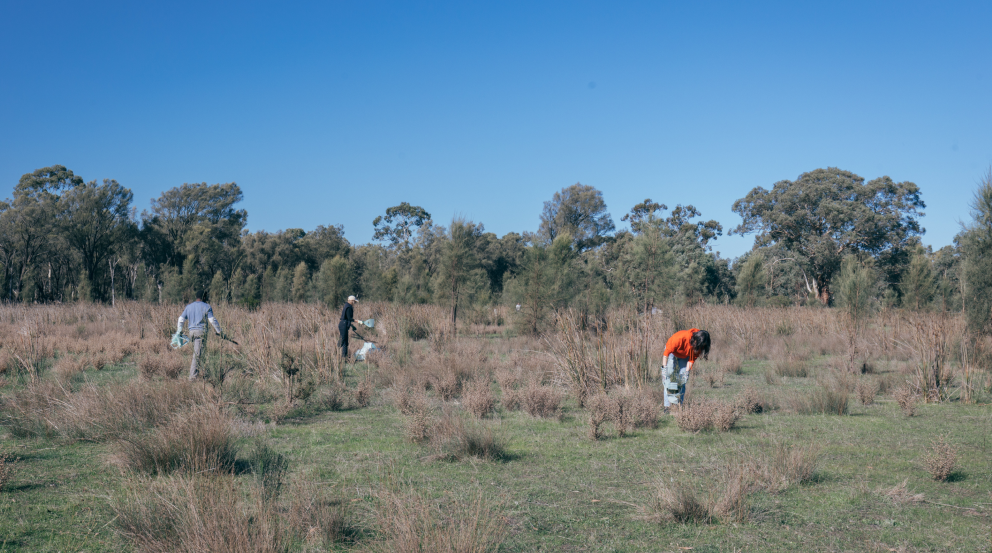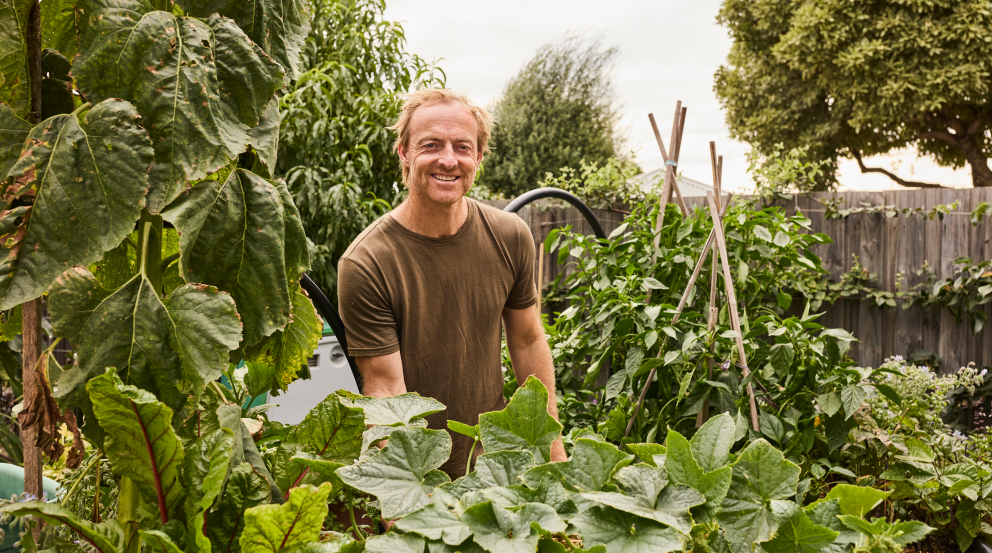It’s easy to take for granted the vast array of different housing options available to most Australians at any given moment.
Broadly speaking, the majority of the population can live anywhere, and in any type of home, their budget will allow – cities, beachside, countryside, even underground.
But this luxury of choice is unfortunately not a reality for many Australians living with a disability who have high support needs, who need to consider a range of accessibility requirements before moving anywhere
With just 5% of all of Australia’s housing stock deemed ‘accessible’, for the 30,000 Australians living with extreme functional or mental impairment, or high support needs, finding somewhere to live independently can be a frustrating and disheartening process. One particularly troubling outcome of this lack of options means that some 6,000 Australians under the age of 65 have no other choice but to live in aged care facilities. Not cool.
It’s a problem that Perry Cross is all too familiar with.
A promising sportsman, Perry suffered a spinal injury while playing rugby in 1994. He was 19 at the time, and the incident left Perry quadriplegic. He would never walk again and spent a long time in hospital, relying on the unwavering support of his family and friends to get through the immediate aftermath of his accident.
Just two years later, in 1996, Perry became Australia’s first-ever motivational speaker on life support and was a runner-up in the International Communicator of the Year awards. Perry had found a new lease of life in motivational speaking, and as a fierce advocate of spinal research has achieved notoriety the world over.
Perry has travelled to the United States as an advisor to the United Nations General Assembly and met his look-alike, the late Christopher Reeve (Superman!) to raise awareness and funds towards a cure for paralysis. It was this work with Christopher that inspired Perry to launch his not-for-profit, the Perry Cross Spinal Research Foundation, which has raised in excess of $12 million (“or something along those lines,” Perry says), to cure paralysis.
Still, all of this incredible work didn’t do much to improve Perry’s day-to-day. “I’ve had some amazing support, and people have believed in my dream,” he says. “But it didn’t fix any of my own problems.”
One of those problems was his living situation. Perry – who relies on a wheelchair and needs a ventilator to assist his breathing – explored a few options, and bought a townhouse on the Gold Coast that he thought he could retrofit to make it suitable for his living needs. He was wrong. “I brought some mates in – a property developer, a builder, and a real estate agent – to help me investigate,” says Perry. “But we eventually figured out that the property wouldn’t be appropriate.”
Perry realised that if he was going to create a home for himself, he needed to do it properly. Not just that, but he realised that he could help other people in his situation along the way. So in 2019, he and his three friends – Tom Ray, Tim Douglas and Jason Doerr – founded Accessible Homes Australia, a company committed to providing high-quality accessible living with extreme functional impairment or high support needs, and supported by Bank Australia. “Bank Australia were the first bank that believed in us, and gave us their support,” says Perry. “We’re very grateful”
The company’s first project was Perry’s own apartment. Located in The Qube, smack-dab in the heart of Broadbeach, the completely customised apartment provides Perry with access to absolutely everything he needs for his day-to-day life. Not only that, but it’s directly adjacent to restaurants, cafes, a retail plaza and the beach.
But Perry’s favourite bit? His sweeping north, west and easterly views of the Gold Coast skyline and beaches. “I don’t have any senses,” he says. “I can’t feel, and I can’t move, but I can see. That view means a lot to me.”
The company’s next move is to make more apartments for more clients, who’ll be able to access them through the Specialist Disability Accommodation (SDA) scheme. Its next project, located on East Palm Beach, even boasts an on-site concierge and assistance apartment care provider – meaning tenants have access to round-the-clock care.
The beachside apartments will feature customised kitchens, laundries and bathrooms; voice-activated lights, blinds and gadgets and – of course – those sweeping views. “Even simple design elements like wider hallways – they make a place feel more open and spacious,” says Perry. “And the technology means you don’t have to always be dependent on other people.”
As far as Perry is concerned, his mission with Accessible Homes Australia is to simply help other people living with extreme functional impairment access a better quality of life. “These apartments are so far beyond what people in my position might expect,” says Perry. “It’s an entirely new scheme, and honestly world-leading in terms of what we’re offering. If we can get Palm Beach completed by this time next year, I’ll be excited. And if it’s full, I’ll be really excited.”








